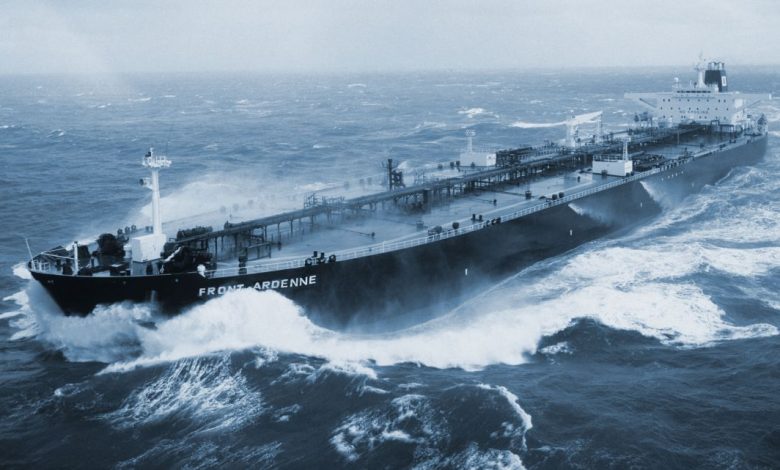On scrubbers and super profits

Roar Adland, shipping chair professor at the Norwegian School of Economics, questions the flurry of scrubber purchases in recent days. Are we merely back in the misleading ecoship territory from five years ago?
There was quite a lot of excitement in the press and among industry analysts in the past week when Frontline and later DHT announced plans to retrofit scrubbers to their trading VLCC fleet. This comes on top of new tanker companies (Hunter and Okeanos) sold into the Oslo equity market on the promise of outsized trading returns from scrubber-fitted vessels. It’s the ecoship story of 2013 all over again, and Scorpio Tankers investors will tell you how that worked out for them. However, while the ecoship fairytale was easy to pick apart (try slow steaming, underpowered vessels, new orders into a saturated market), the scrubber story is harder to prick.
But first, let’s take a step back and consider why this is happening now. Scrubber technology has been around for some time, with seemingly little uptake and interest from the broader shipowner community and, actually, this has been a perfectly rational response to the upcoming low sulphur regulations. Installing scrubbers is a real option that generates no value (but comes with substantial CAPEX and OPEX) until the global sulphur limits comes into effect and so it should be executed as late as possible.
How late? Well, judging by Fredriksen’s move, we’re probably getting there. The only way to ensure that your scrubber investment will have the expected payback in a reasonable timeframe is to capture the strategic value from excluding the competition, for instance by investing (equity) in the technology providers, obtaining multiple free options on further units, and securing cheap options on yard space for the retrofit. This is why the Frontline investment is an astute move – not because scrubbers will make sense in the long term. If there is anything John Fredriksen is great at, it is such strategic early moves – never mind what happens to the latecomers to the party.
So, why will also this sales pitch founder in the long run. Well, let’s get one thing straight: There is no such thing as sustainable economic advantages in shipping. There never was, never will be.
So any super profits do not last long, it’s just not how free and perfectly competitive markets work. What are investors missing in this case? I suspect the main problem is that they are extrapolating current and past price differentials between marine distillates and HFO to judge what will happen after January 2020. Given how large changes we are about to see, both on the supply (refinery) and the demand side of the marine fuel market, this is likely misguided. Arguably, with the world’s entire deepsea fleet making the same calculations on fuel switching versus scrubbers, and the refinery sector making large investments in blending and desulphurisation capacity, this will make the distillate and HFO market more integrated post-2020 than it has been in the past. While there are technical issues to be worked out, the environmental headwinds that diesel is facing in land-based transportation will also ultimately work its way to the consuming market of last resort – shipping. More competition and distillate availability will push spreads towards the cost of desulphurisation or blending, which are more in the $60 – $100/tonne range than the $300+ price differentials currently being thrown around. The economics of scrubbers suddenly look a lot different then, even without talking about the impact on vessel stability and cargo intake from placing a heavy scrubber plant high up on the superstructure.
But, by all means, if you find a charterer willing to bankroll your scrubber retrofit investment by offering a substantial time charter premium based on historical fuel price differentials then go for it. Assuming the charterer sticks to the contract, it’s probably a good deal.
Either that, or follow big John, arrive early to the party and then close the doors.

I really enjoyed this article. Setting to one side the point that I entirely agree with Professor Adland, it is very well written, and the writer is prepared to call spades, spades and to call geese, geese, no matter how much some folks want them to be swans! Thank you!
Always good analysis from Dr. Adland. I wish all readers might have been at Marine Money conference three weeks ago in New York. Session on scrubbers (with great comments from Nicolas Busch from Navig8) had standing room only in the giant ballroom where the sessions are held- always a leading indicator of ???